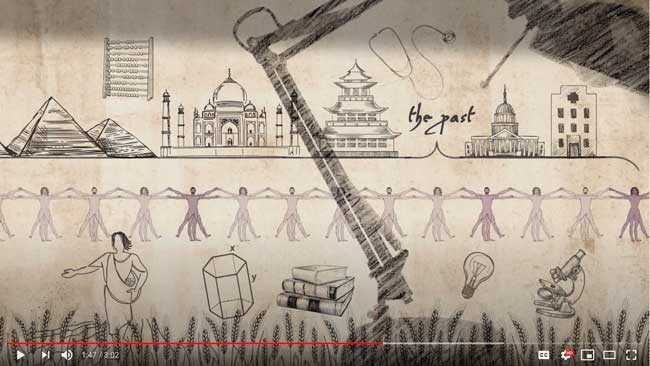Around one billion people rely on wild harvested products for nutrition and income and the “invisible” trade in wild resources is estimated to generate $90 billion/annum. In India alone the livelihoods of around 6 million people are maintained by the harvest of forest products. In many rural locations, particularly areas that lack basic infrastructure and market access, the collection of wild resources provides considerable subsistence support to local livelihoods. In addition, the harvest and sale of wild products often provides one of the only means of access to the cash economy. Access to markets is particularly important for food security; it is not enough to be able to collect or grow food, but the ability to purchase food is also a major factor in ensuring food security, hence the more vulnerable and poorest members of society are particularly at risk from lack of access to food. Highly urbanised societies such as Hong Kong and Singapore that have no agricultural base are food secure because of their considerable purchasing power, while India, although self-sufficient in agriculture, has much of its population that is food insecure primarily due to social inequity and poverty.
Challenges to biodiversity-friendly agriculture
Population growth
The world’s population is expected to grow to nine billion by the year 2050. If the current model of commercialised monoculture is to be followed, feeding the global population is stated to require the conversion of yet more wild lands, at the expense of biodiversity and ecosystem service provision. Demand for meat is increasing globally, particularly from the burgeoning urban populations of India and China, and as the world becomes increasingly prosperous. […]
Source: “Forests and food security” by Terry C.H. Sunderland, International Institute for Asian Studies, The Newsletter No.58, Autumn/Winter 2011
Backup file (2,5 MB): Forests_and_food_security_Sunderland_IIAS_NL58_2011.pdf
Address : <http://www.iias.nl/the-newsletter/article/forests-and-food-security>
Date Visited: Thu Dec 01 2011 15:34:35 GMT+0100 (CET)
“The natural wealth with which much of tribal India is endowed is also its bane. […] The Adivasi is wedged between the state programme for development, meaning mines, dams, steel plants and roads, and a private agenda for quick money, which is currently termed ‘real estate’.” – Madhu Ramnath, Preface for Woodsmoke and Leafcups >>

Watch “The Good Ancestor – The Legacies We Leave” (3 min.): An animation that explores the legacies we might leave for future generations >>
Links to some of the most important organisations, thinkers and doers that are leading the way and that have inspired the book The Good Ancestor by Roman Krznaric >>
“The tribal households traditionally had a backyard garden that had multiple, multilayered and multipurpose indigenous trees, plants, herbs, and shrubs. […] The produce from this small garden was sufficient to meet the dietary and nutrition needs of a family for an entire year.” – Learn more about food crops that are resistant to pests, grow on poor soils, flourish under changed climatic conditions and offer high nutritive value | Food distribution >>
The tribal food basket has always been diverse and nutritious, including maize, minor millets like kodo and kutki, oil seeds like ramtila, along with fruits, leaves, rhizomes, mushrooms, meat and fish. […] We have pushed them out of their complementary relationship with ecology, way of life and time-tested nutrition >>
“The issue is not whether the world’s economy is governable toward ambitious goals like promoting social justice, equality between countries and greater democratic control for the bulk of the world’s people, but whether it is governable at all.” – Mogobe B. Ramose quoting Globalization in question by Hirst, P. and Thompson, G in “Globalization and ubuntu” (The African Philosophy Reader), pp. 732 | Globalization >>
Research the above issues with the help of Shodhganga: A reservoir of theses from universities all over India, made available under Open Access >>
Tip: find this and related articles here: https://www.iias.asia/the-newsletter >>
Learn more
Atree.org | Ashoka Trust for Research in Ecology & the Environment (posts)
Biodiversity | Hyderabad biodiversity pledge | Nilgiri Biosphere
Climate change | Audio | The Climate Question (BBC Podcast)
eJournals & eBooks | Background guide for education
eLearning: Center for World Indigenous Studies
Forest Rights Act (FRA) | Hunter-gatherers | Legal rights over forest land
Health and nutrition | Recommendations by the Expert Committee
“The tribal food basket has always been diverse and nutritious”
United Nations on climate change
What is the Forest Rights Act about?
Who is a forest dweller under this law, and who gets rights?